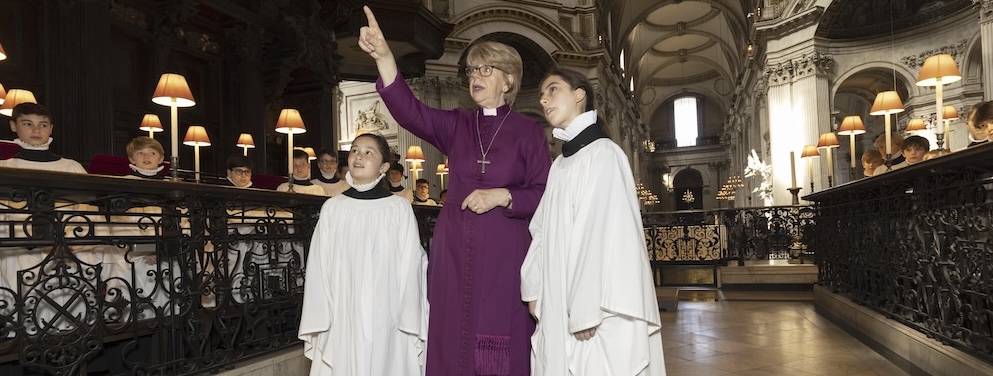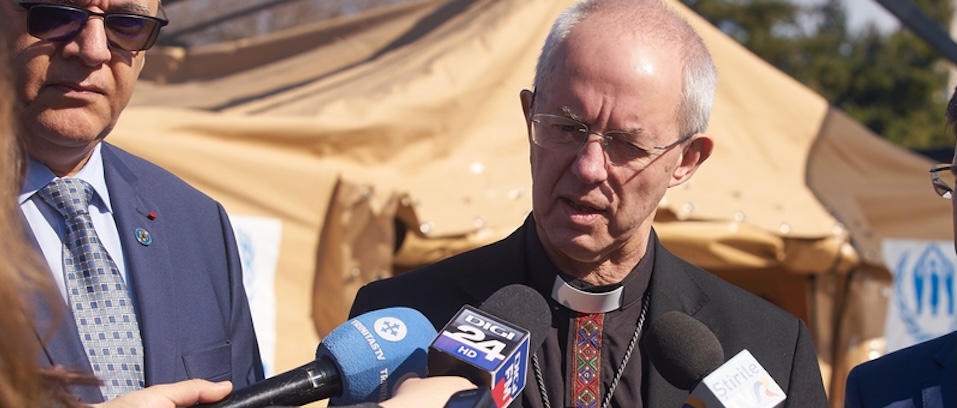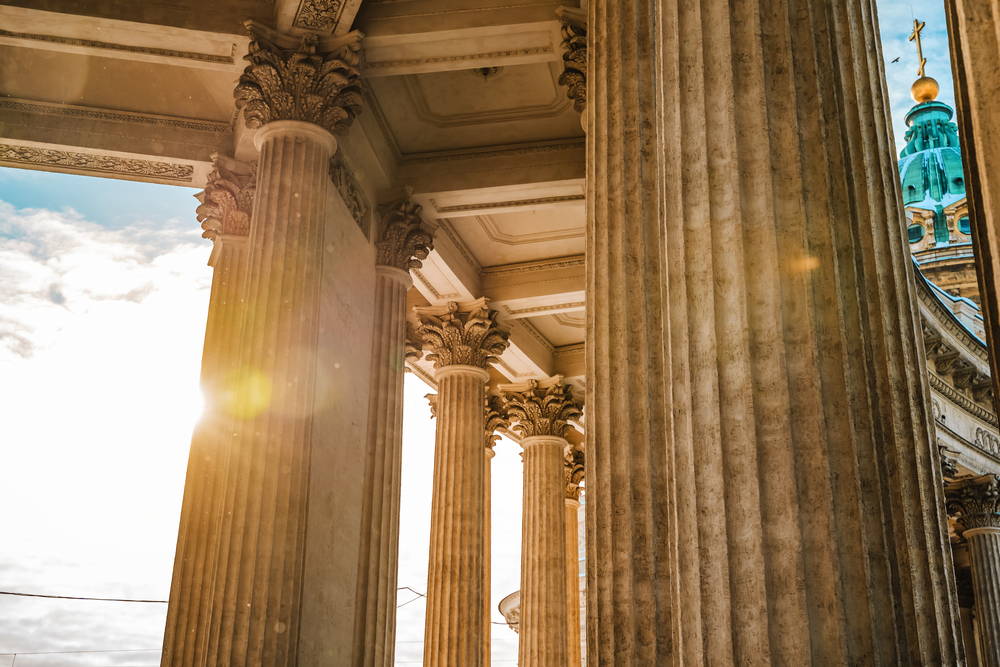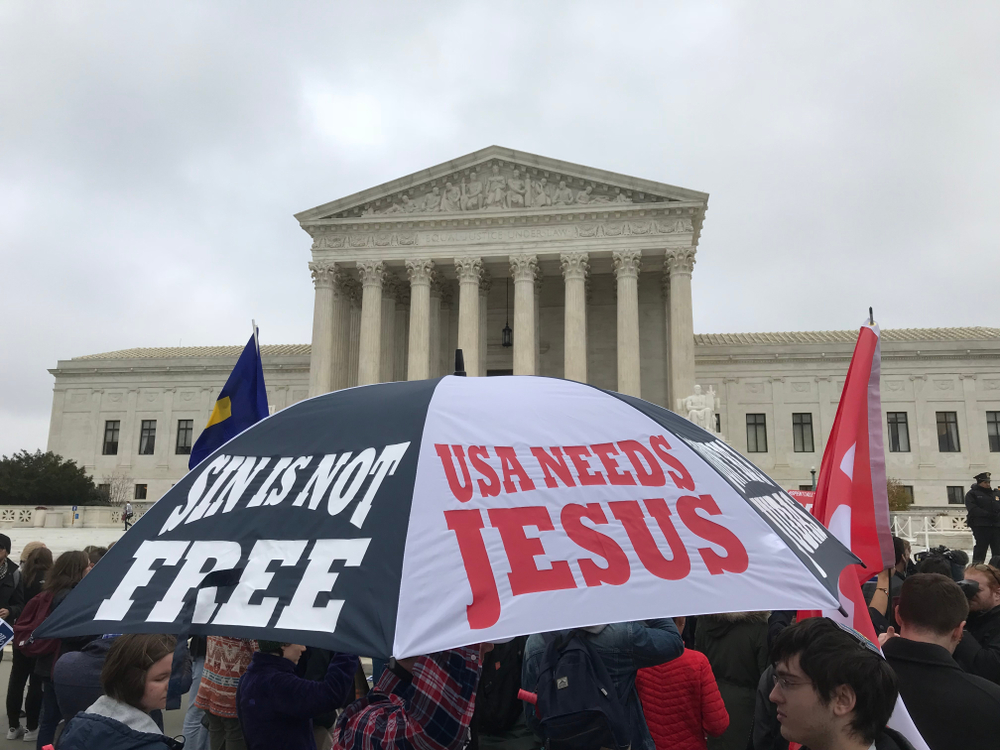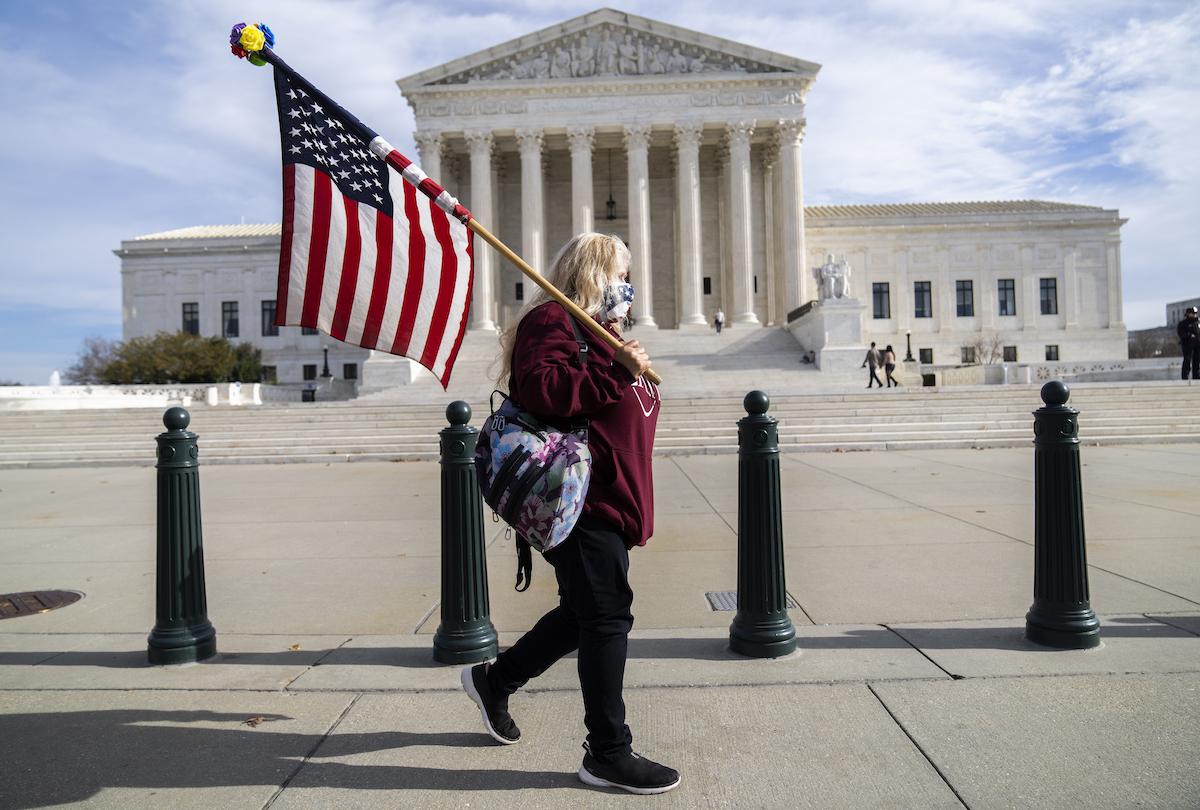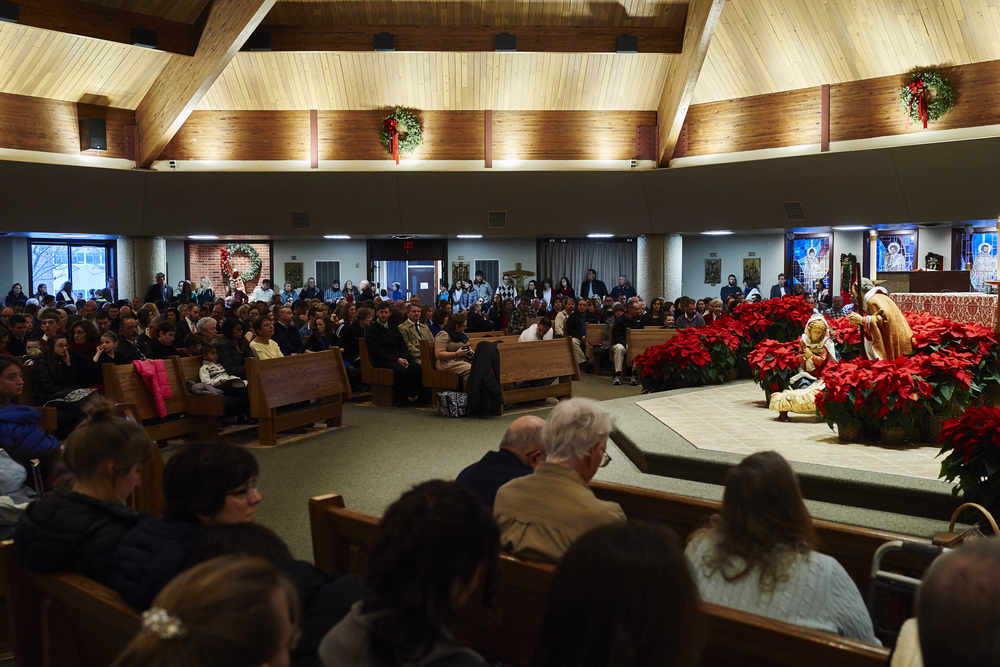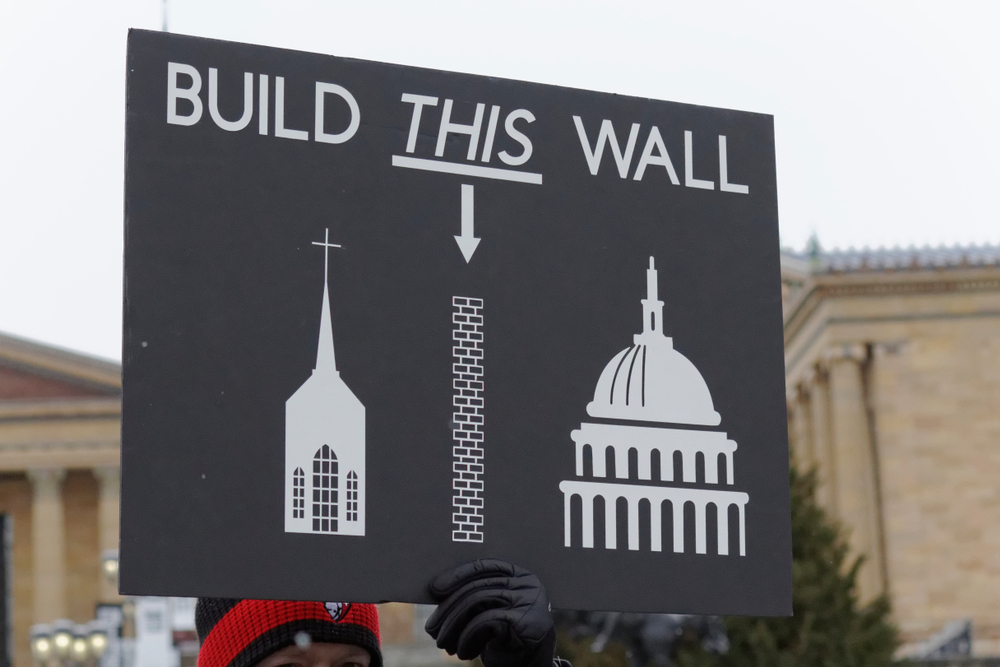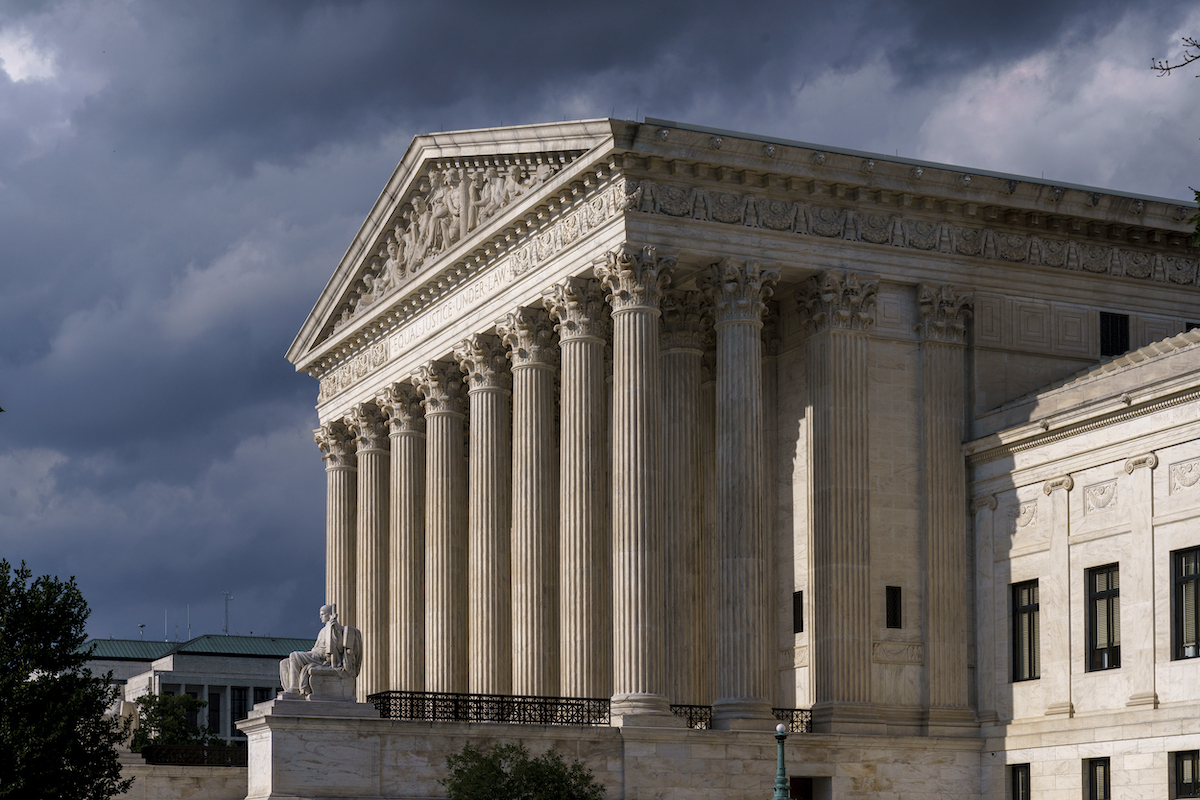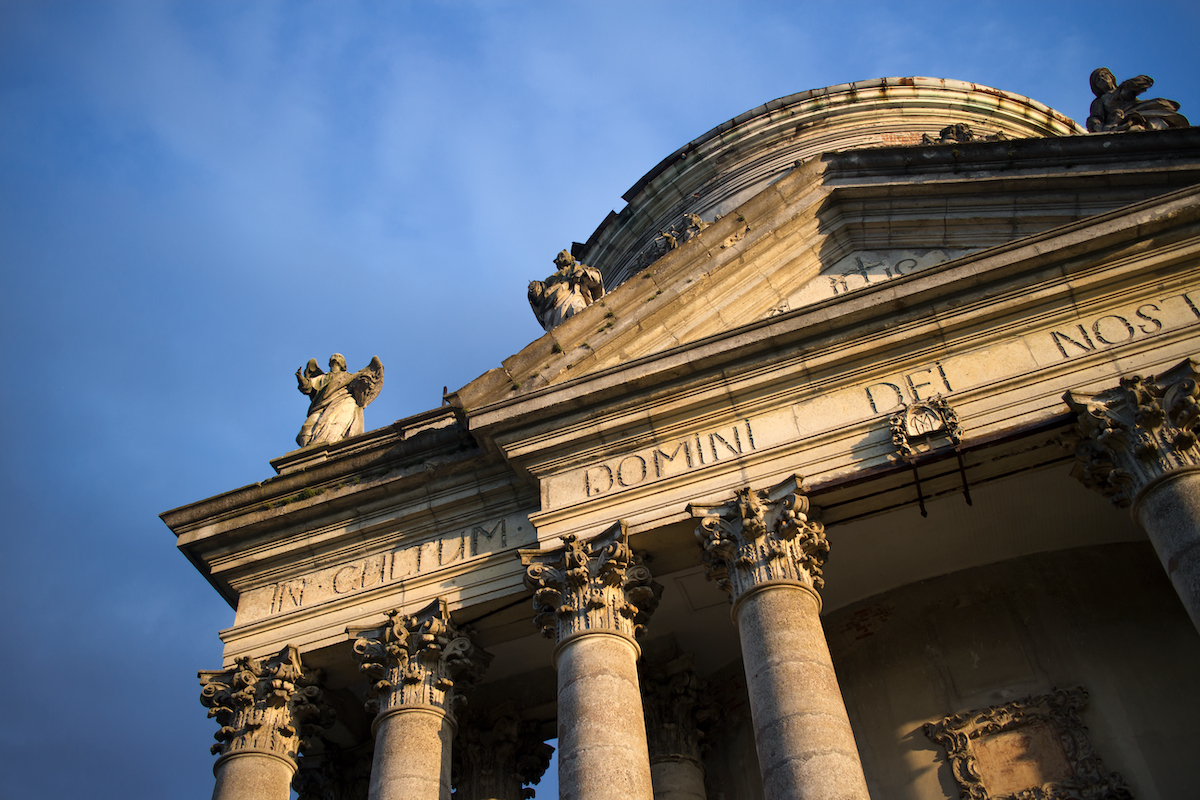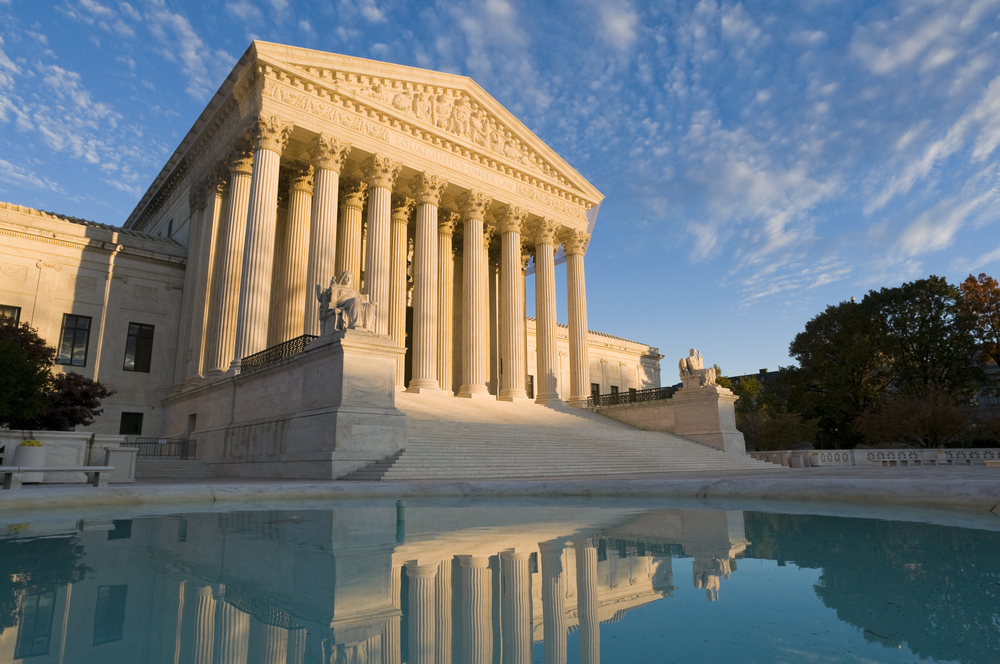October 10, 2025
Can Bishop Sarah Mullally Save the Church of England?
The announcement was made on the morning of October 2, 2025, that the Rt. Hon. and Rt. Revd. Dame Sarah Mullally, currently Bishop of London, was the official nominee to succeed Justin Welby as the next Archbishop of Canterbury. Continue Reading...
